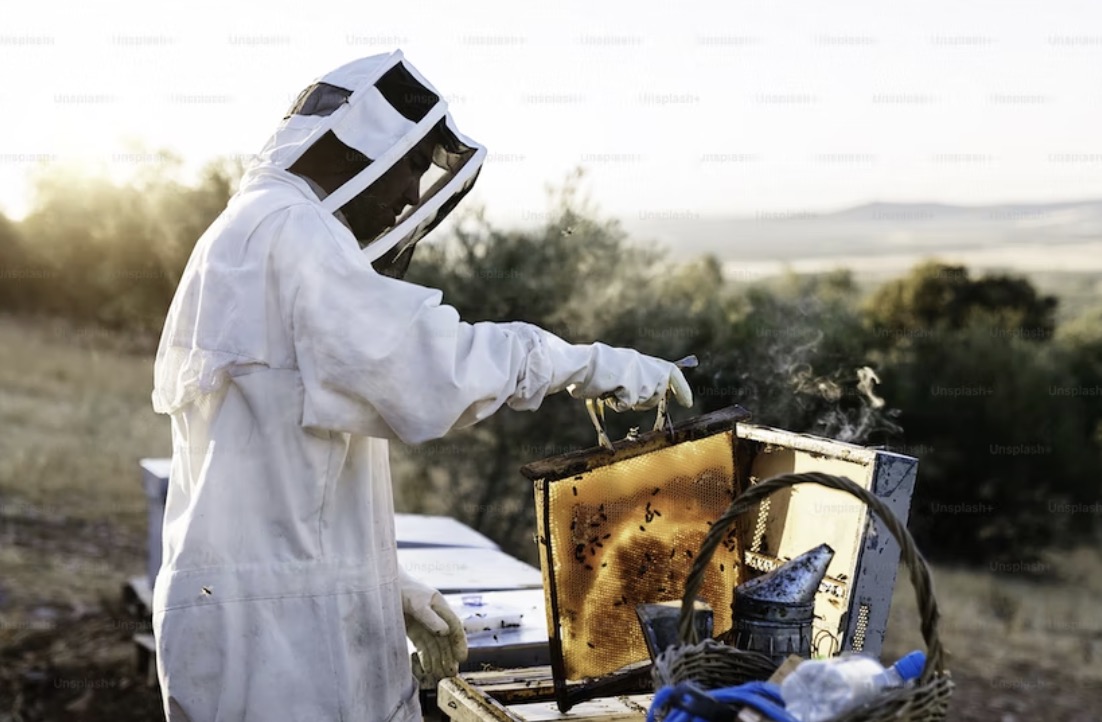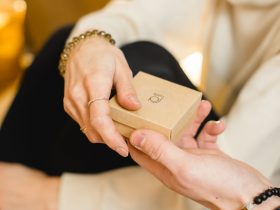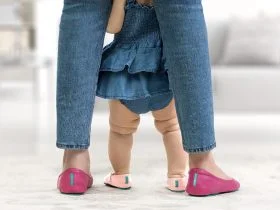If you are considering taking beekeeping as a hobby but just discovered that you are pregnant, you could wonder whether you can continue or stop keeping bees.
No mother puts her unborn child at risk only for the sake of her hobby. But it’s different if you take bookkeeping as your career and it’s the only source of your income.
Whatever the scenario is, if you continue beekeeping, you must be cautious about the safety measures to protect yourself and your baby from potential risks.
Many experienced beekeepers are also curious to know about the risks and dangers of beekeeping at the time of pregnancy. And it’s natural for a mother to be concerned about the health of their unborn child.
Reader's Roadmap
The Risks of Beekeeping during Pregnancy
The risks and dangers that are associated with keeping bees while you are pregnant are here –
- The most significant risk involved in beekeeping is the possibility of getting stung by the bees.
- If you experienced an allergic reaction in the past to a bee sting, it’s not wise to work around the bees.
- If you have had a minor allergic reaction in the past, the reaction can become more severe with another bee sting because your immune system has already been exposed to the bees’ venom.
- Even if you do not have any allergic reaction to a bee sting, that doesn’t mean you will never have a reaction. When multiple bees sting you at once, then your body may react.
- Multiple bee stings can develop an anaphylactic allergic reaction. It is more serious and could even be lethal if you are not treated properly.
Symptoms of anaphylactic reaction are difficulty breathing, fainting, dizziness, nausea or vomiting, loss of consciousness, pale or flushed skin, swelling of the throat or tongue, hives, and itching.
- There is also a huge possibility of back pain or injuries if you lift heavy hives and frames improperly.
What Are the Safety Measures to Prevent Bee Stings?
If you want to continue your beekeeping activity, you must take these ten precautions to prevent multiple bee stings –
1. Wear Safety Gear
When working with the bees, wear the best beekeeping suits, including gloves, a veil, and ankle protection to protect you against bee stings, as bees cannot get inside your suit.
A white protective suit is preferable to a dark one because bees take dark colors more threatening than light ones.
2. Protection From Allergic Reactions
If you have an allergic reaction to bee stings, you must have injectable adrenaline such as EpiPen or epinephrine readily available so that you can treat a severe reaction immediately.
3. Avoid Lifting Heavy Things
When you are pregnant, you must avoid heavy lifting of frames or beehives. You can ask someone else to do the lifting for you.
4. Stay Hydrated
While you are working around the bees, make sure to avoid the extreme heat and stay well-hydrated.
Always keep a cold water bottle with you in the hot summer months. When you feel overheated or tired, drink the water and take some rest. If possible, drink fluids with electrolytes such as Powerade or Gatorade.
5. Pick the Right Time
The best time to work in your beehive is in the middle of the morning or afternoon. Because at that time, worker bees go out to collect honey. That’s why the number of bees in the hive will be the lowest.
6. Keep the Entrance Free
Do not block the entrance of the bee hive in any way. If you do so intentionally or even unintentionally, it makes the bees feel that you are a threat to them.
7. Don’t Aggravate the Bees
Remember, bees are not naturally aggressive. They only sting to defend themselves. When you disrupt a hive or swarm of bees, it will result in multiple bee stings.
Move slowly when working around them to prevent them from using their self-defense mechanism. It will not give them any chance to react.
8. Move Cautiously
When inspecting the hive, do not make any abrupt or sudden movements, especially when removing the bee frames. Also, try to visit the hive when it’s warm and sunny because bees do not like the cold, rain, and wind.
9. Use Smoke
Before you inspect the hive, using smokers can be a great way to calm bees because bees interpret smoke as fire. And when they find smoke in the hive, they usually think they need to build a new hive and leave the current one.
How You Decide Whether to Stop Beekeeping During Pregnancy
Most pregnant beekeepers will not encounter any problems. But you are the only one who can decide whether to continue or stop beekeeping based on your level of experience and medical history.
Below are some factors that can affect your decision –
Are You Allergic to Bee Sting?
If you have never been stung by any bee, you won’t realize whether you are allergic to bee stings. It also indicates that you are not an experienced beekeeper; you have recently taken this activity as a career or hobby. It’s better to continue beekeeping after your pregnancy.
Income
If beekeeping is the primary income source of your household, there may be no option to stop. Another family member can manage beekeeping during your pregnancy if this is the case.
Risk Tolerance
The tolerance level of risk varies tremendously from one person to another. In beekeeping, it’s important to manage the beehive while staying calm. If managing bees becomes stressful, your reaction may disturb the beehive, agitating the bees and making them aggressive.
What to Do If You Get Stung?
Even if you take all the necessary protection against bees, there is no guarantee that you will not get stung. The most notable point is – a bee sting is nothing more than a burning pain. It leaves a red mark on the specific area and may cause slight swelling.
But in the case of multiple stings and when you have an allergic reaction, it can cause an emergency. In either case, your primary focus is to remain calm. Move away from your beehive calmly and slowly.
Running can never be a good idea as bees can fly much faster than you. If your physical condition gets worse, contact your doctor or midwife immediately.
Final Thoughts
Just as you must be careful with what you eat during pregnancy, you must also be careful about outer threats. Beekeeping can be dangerous during pregnancy, but you will stay safe if you do it right.
We hope we could explain all the risks and dangers associated with beekeeping. But there is no doubt that the benefits of this activity overweights the potential risks.
With some preparation and research, you can minimize these risks and enjoy the activity while nurturing your baby safely. Make sure to maintain a clean and hygienic hive to prevent the spread of harmful bacteria.







Leave a Reply
View Comments